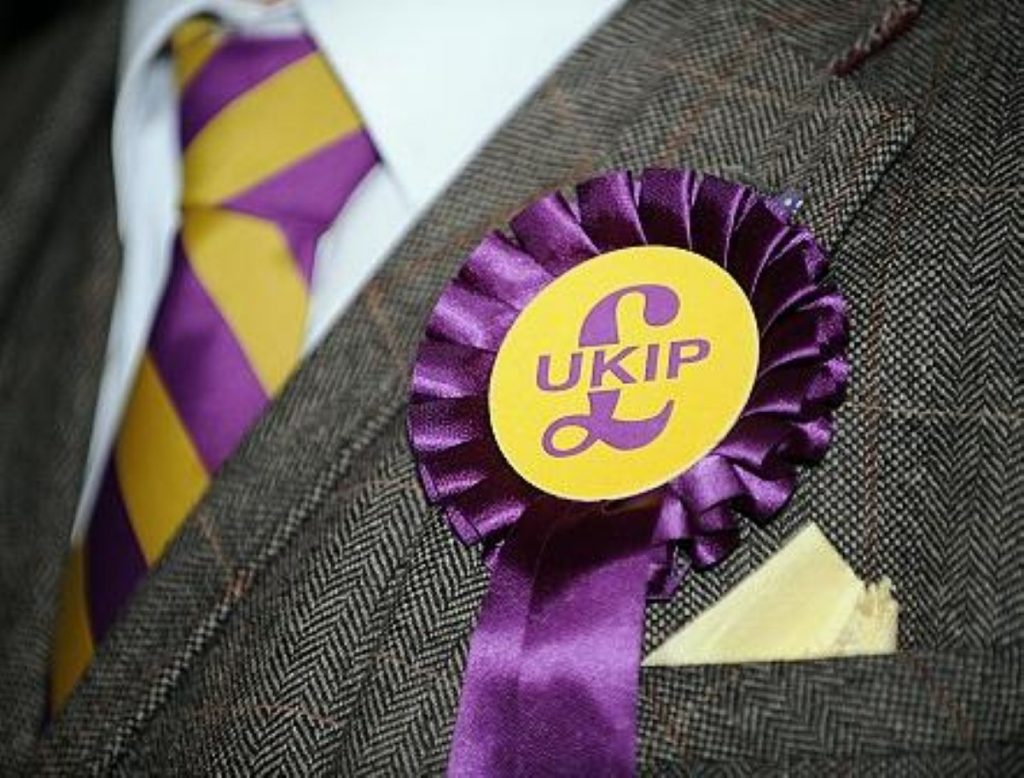‘BNP in blazers’: Race rows risk Ukip’s return to the fringes
Farage's call for anti-discrimination legislation to be axed is just the latest race row to engulf Ukip in recent months.
Just last month, the BBC revealed footage of a Ukip councillor in Nigel Farage's constituency, speaking about her dislike of people with "negroid features".
The Ukip leader himself has also been involved in a number of similar rows. Last year he caused a huge storm after admitting that hearing foreign voices on the train made him feel "awkward" and uncomfortable. He was also forced to backtrack after suggesting that he would not want to live next door to a group of Romanian men.
These rows have damaged perceptions of the party. A poll last month found a big increase in the number of people who now perceive Ukip as racist.
The Comres poll for ITV found that 44% of voters believe Ukip are a "racist party" with just 36% disagreeing. This is up twelve points from last year.
This is a big problem for Ukip. While Ukip are the most trusted party on the subject of immigration, these continued race rows risk alienating otherwise sympathetic voters.
Perceptions that the party are "nasty" have grown significantly in the past year with almost four in ten labelling Ukip with that description, more than any other party. Another poll also recently found that Ukip is the most hated brand in the country.
More worryingly for the party, perceptions of Farage himself have also deteriorated significantly in the past year as the following chart shows (H/T Mark Pack)

The difficulty for Farage is that while many voters approve of Ukip's immigration policies, there are many more for whom Ukip's reputation as a racist and nasty party remains a major turn-off.
Ukip's success has been built on the basis that they are not a typical far-right nationalist party. Their success at rejecting accusations of being the 'BNP in blazers' has been central to their rise from being a minor party to their current position of threatening a breakthrough in the House of Commons.
By fuelling these old negative perceptions, Farage risks undoing much of the work he has done in transforming his party's standing.
By confirming voters' fears about the party, Farage increases the possibility of people voting tactically against them. Recent marginal polling by Lord Ashcroft suggest that this could already be happening. The polls of Conservative-held Ukip targets found the party failing to make breakthroughs even in seats where they won their best results in last year's European elections.
Nigel Farage has successfully placed his party into the mainstream of British politics. His latest comments risk putting them right back into the margins again.





-01.png)